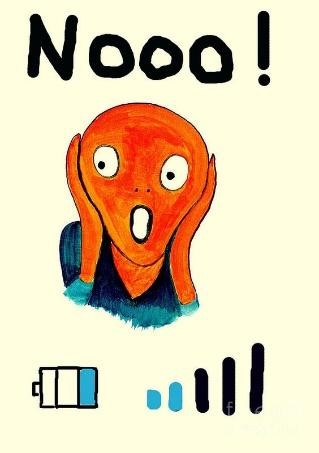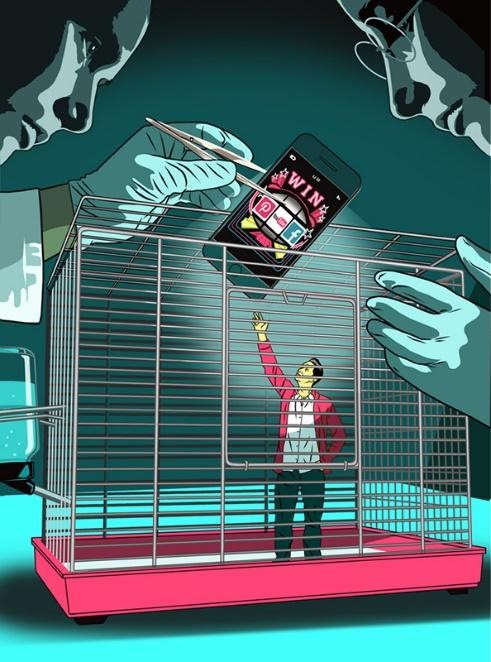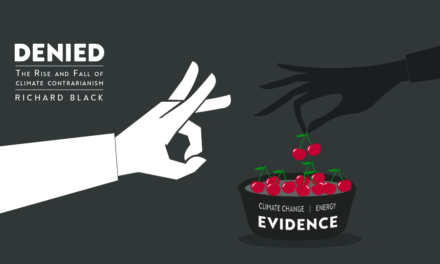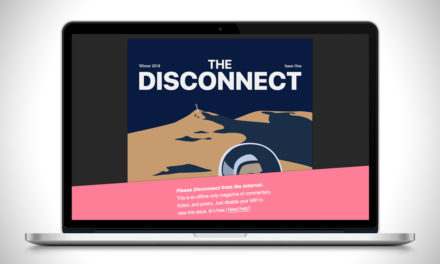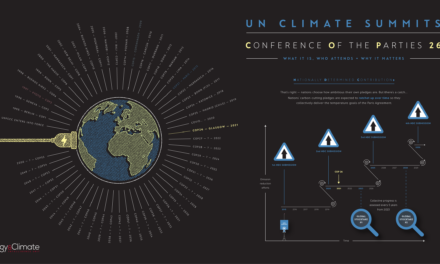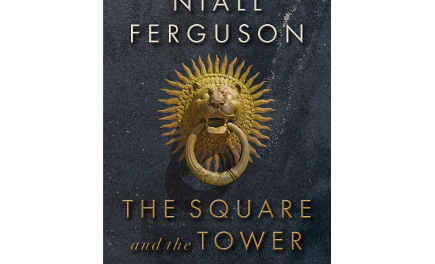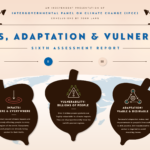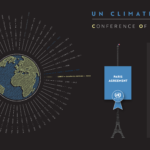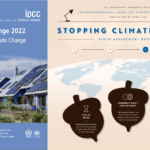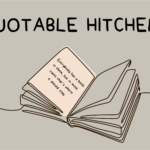What’s Wrong With The Digital Detox?
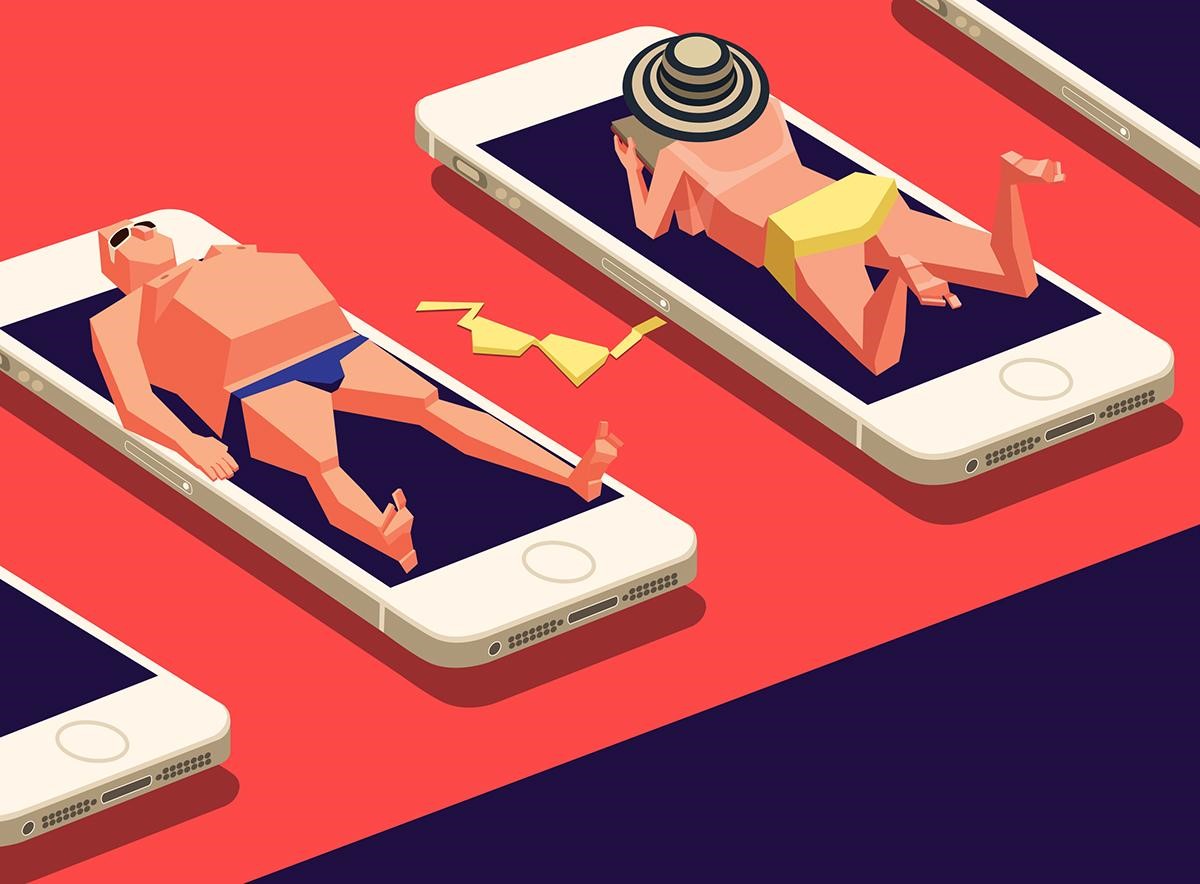
Credit: Marly Gallardo
Every morning I wake-up and do the same thing.
I reach for my smartphone.
Whether it’s to glance at notifications, check my inbox or scan the news headlines, I’m constantly searching for my little digital companion. Resisting that urge to check. That informational itch to scratch.
I know I’m not alone in my apparent addiction. I can’t be the only chump who robotically taps my phone despite knowing there are no new notifications. Or the only employee who naively thinks a work phone means greater work autonomy. Why do I bore so easily and happily interrupt an in-person conversation with a smartphone check-in?

Credit: The Telegraph
Maybe we require an intervention. This isn’t healthy! What’s wrong with us? It’s as if there’s an invisible string tethering us to our phone which we can’t quite cut. Do we need a digital detox?
I’m not convinced. Instead I’d suggest we’re in dire need of better digital experiences, rather than severing them all together. And here’s a few reasons why:
Detoxing is for substances
The word ‘detox’ means ridding the body of toxins. We associate it with abstaining from alcohol or refraining from fatty foods for a month. You’ve heard of them before: Dry January and Sober October (or Moderation May for the ambivalent). In these instances, we detox to reduce our dependency on a substance that, while harmful, elicits pleasure and eases the stress of everyday life. To detox is to assure yourself that you can manage your personal vices.
So, it’s understandable that detoxing is our default response to managing our digital highs. We get tipsy with retweets and overdose on Instagram. Even neuroscientists claim our brains fire a dose of dopamine when we receive an exciting email, much like the feeling of anticipating a delicious slice of cake. It explains why ‘mindfulness’ or tech-free Tuesdays have become popular.
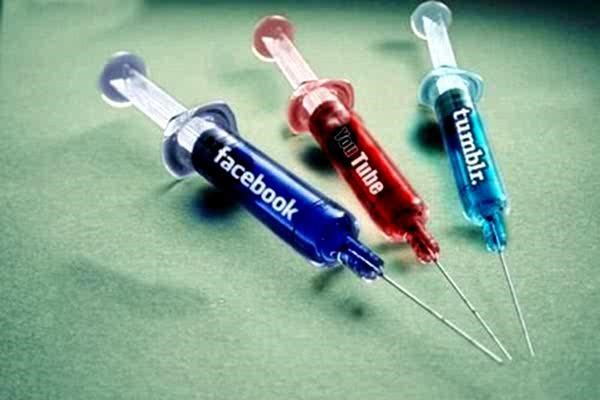
Some organisations have gone a step further, offering digital detox experiences. It’s Time to Log Off suggests a digital 5:2 diet with practical ways to switch-off devices and focus on real world conversations. And Camp Grounded from Digital Detox ® offers yoga, locally sourced meals and art workshops all rolled into one. When did disconnecting require being so middle-class?
But these experiences offer an important break to workaholics and digitally dependent folk. A chance to reconnect with the real world and refresh.
However, they’re all missing a bigger underlying point. While arguably addictive, digital is not a substance. It’s a technology where the consequences of a detox can have a very different kind of impact.
Detoxing from tech is not feasible
Mary Aiken, a cyberpsychologist, is outspoken about the impact of digital technologies on behaviour. But she’s certain detoxing is not the answer:
“giving up alcohol, cocaine, or cigarettes may be an option in the recovery process for those addictions, but giving up technology is not.”
Why? Because it’s nigh impossible.
Think about all the ways you use your phone. Communicating, socialising, dating, exercising, reading the news, banking, events management, even avoiding awkward moments. These little devices are the infrastructural backbone to our modern lives. The sidekick to our inner hero. The Robin to our Batman.
Recall the panic you feel when your phone has a low signal or the battery is nearly dead. Scientists are debating whether this constitutes an anxiety disorder called nomophobia. But this anxiety may not demonstrate addiction, but something more normal: how difficult your day is about to be without your digital P.A.
Credit: Joe Jake Pratt
A problem with the digital detox is that it implies digital technology can be turned on and off like a video game. That switching off is as easy as a parent hiding their child’s Xbox controller. Or that living in today’s hyper-networked world can be replaced by a diet of Wholefoods, meditation and art therapy.
Food and lifestyle trends come and go, but technology does not. There’s a reason why previous generations didn’t detox from the white pages, or the classifieds section in the newspaper. To disconnect from society comes with a cost.
It shifts the responsibility away from tech designers
If digital technology is here to stay, then we need to adapt to it better.
But detoxing will only get us halfway there. It can teach us how to bring better balance to our lives, but suggests the responsibility to manage lies squarely with the users of tech.
Is this fair?
Not according to a prominent tech design ethicist. Tristan Harris, a former Google employee, leads Time Well Spent, and is adamant that tech designers have a huge influence in creating addictive environments: “[designers] start by looking for blind spots, edges, vulnerabilities and limits of people’s perception, so they can influence what people do without them even realizing it. Once you know how to push people’s buttons, you can play them like a piano.”
It’s squeamish to think that designers can fiddle with our habits like puppeteers. But this is what Harris is suggesting. That scrolling down Facebook’s newsfeed for the umpteenth time, or playing just one more game of Two Dots, is using the technology in a way that it’s been precisely designed for. Is this user experience or user exploitation?
Credit: Bill Butcher
Importantly, campaigners like Harris are bringing attention to a conversation that has been sorely missing in technology debates: what are the ethics of designing user experience? How powerful is the technological nudge?
What’s wrong with the digital detox is that it misses these questions. It focuses on the demand side of digital addiction. We also need to talk about supply.
That I reach for my phone first thing every morning is problematic. But what’s more worrying is that many people in tech don’t think it’s an issue at all.
